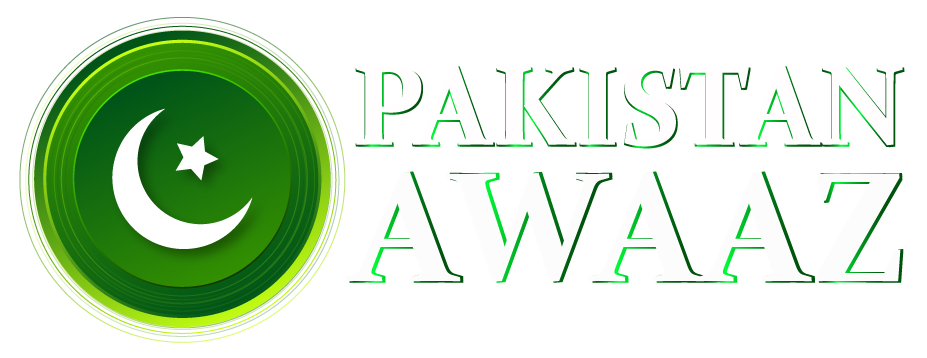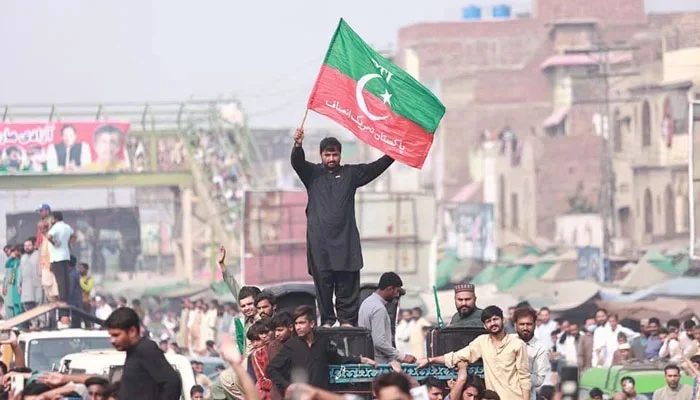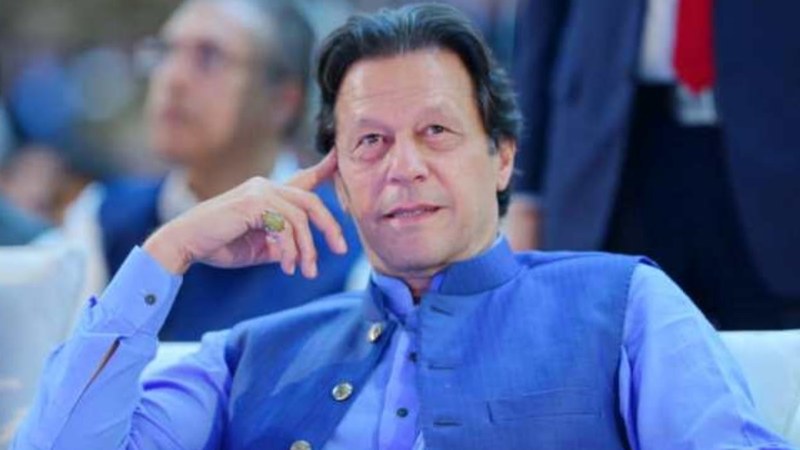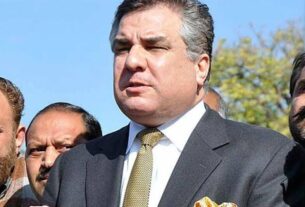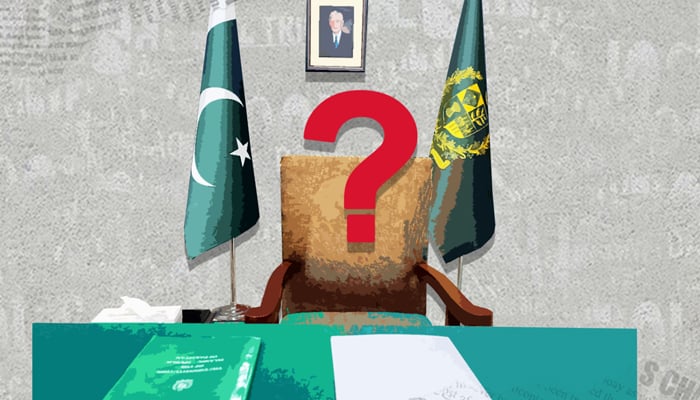1. Father kills son in Peshawar
A father in Peshawar sadly killed his kid during a fight over a PTI flag that was raised at their house in a heartbreaking incident that has garnered national and international attention. The conflict serves as a reminder of how deeply ingrained political beliefs may affect family relationships, frequently with dire repercussions. This episode exemplifies Pakistan’s wider sociopolitical divisions, where family connections are occasionally subordinated to political party devotion, which fuels rising tensions and violence.
2. PTI Flag
A PTI flag raised at their house sparked a furious confrontation between the father and son at the start of the event. The father reportedly disapproved of his son’s fervent devotion to Pakistan Tehreek-e-Insaf, or PTI, the political party run by former Prime Minister Imran Khan, according to witnesses. The argument swiftly became heated, and the father is accused of using physical force, which ultimately led to the son’s untimely death.
Political allegiances in Pakistan are frequently quite personal and have important ramifications. Imran Khan is seen by PTI supporters as a symbol of advancement and change, appealing to young Pakistanis who are ready for a country that has undergone transformation. Older generations, however, might support more traditional parties since they see PTI’s strategy as a challenge to Pakistan’s long-standing customs. These ideological and generational differences usually cause family cohesion, conclusion in disputes, feeling rifts, and in extreme cases, techniques events like this one.
3. Peshawar tragedy
A clear example of how much political disagreements may affect relationships is the Peshawar tragedy. It also illustrates a worrying trend in Pakistan, where conflicts across communities exacerbated by political splits within families that reflect larger societal divides. Similar incidents will be further examined in this section, along with background information on the circumstances that led to these unfortunate results.
4. PML-N
The political climate in Pakistan complicated, with high stakes and fluctuating allegiances. Political parties frequently represent more general views that appeal to many demographic groups, causing sharp splits within families as well as communities. Party affiliations such as PTI, PPP (Pakistan Peoples Party), or PML-N (Pakistan Muslim League-Nawaz) frequently signify a dedication to specific ideals and future visions in addition to a preference for policies.
PTI supporters, for instance, are often younger and see the party as a force for justice, reform, and anti-corruption. On the other side, because of their traditional beliefs or enduring familial ties, older generations might support the PML-N or PPP. These differences can lead to conflict between families, particularly in politically sensitive settings when conversations regarding about policies become individual. This part will investigate same cases in other households across pakistan.
5. Social media response, political family dispute, Peshawar PTI tragedy :
Social media rapidly inundated with news of the Peshawar tragedy, sparking conversations about political tolerance and the negative effects of divisive viewpoints. People began to express their grief, indignation, and demands for reflection on how political disagreements impact interpersonal relationships on social media sites like Facebook, Instagram, and Twitter. The incident’s hashtags became viral on Twitter, drawing attention to the public’s interest and the importance of tolerance in family political discussions.
Numerous well-known people, including public activists, legislators, and influencers, offered their opinions on the incident and urged families to put togetherness above political differences. Strong sentiments voiced by the internet community, with some accusing the
6. Peshawar Event
The Peshawar event emphasizes how critical it is to encourage candid conversations in politically divided households. In Pakistan, the generational split frequently causes family members to hold divergent political opinions, which breeds animosity and the possibility of bloodshed. Families can foster a more harmonious and understanding atmosphere by urging members to accept and appreciate one another’s political views.
Adopting techniques like establishing ground rules for discussions, identifying shared values, and placing an emphasis on empathy can help families handle political discussions in a positive way. Pakistani familie handle political variance while promoting mutual respect and understanding by using the tactics and examples described in this section.
7. Educational institutions
Promoting tolerance and respect for dissenting political opinions is mostly the responsibility of educational institutions and community initiatives. In Pakistan, educational institutions, places of worship, and neighborhood associations might develop initiatives that emphasize appreciating political differences and encouraging amicable dialogue.
Family effectively communicate despite political differences by attending workshops and community sessions that teach dispute resolution and prioritize shared values over partisan divides. This section will examine current projects in Pakistan and other nations and talk about how they support peace within the community and inside families.
